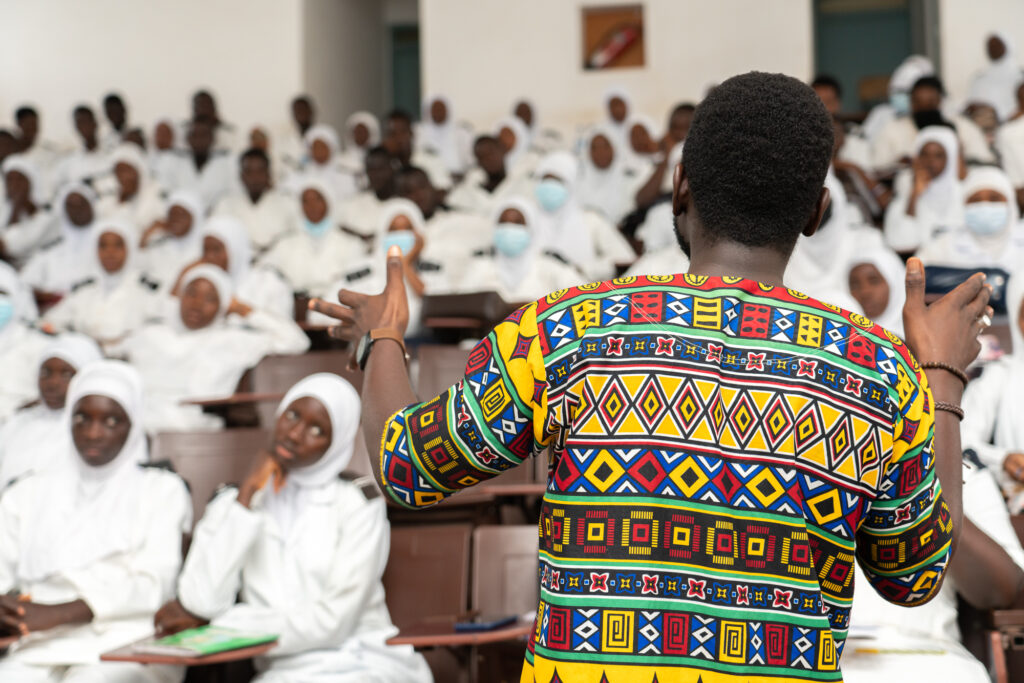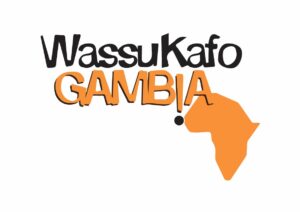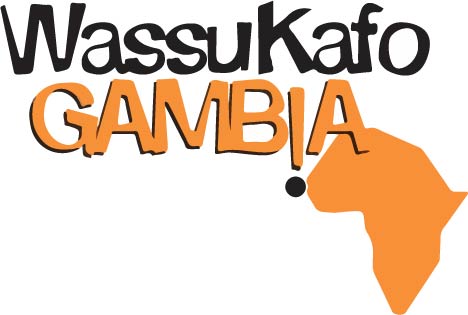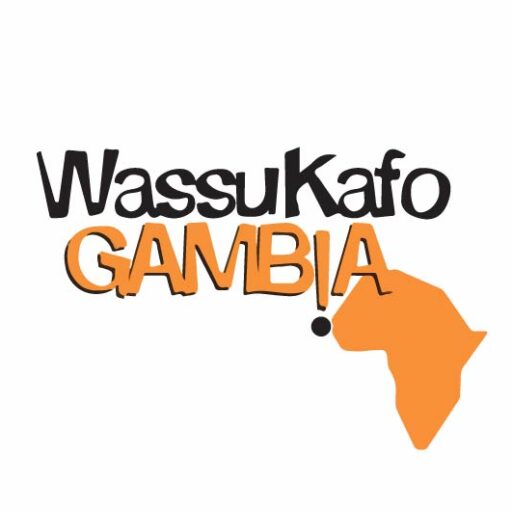Knowledge transfer
- Home
- Knowledge transfer
Wassu Kafo
Research
WGK conducts applied research, using a mixed qualitative and quantitative methodology to generate knowledge and create scientific evidence for action in terms of preventing and addressing harmful traditional practices, such as female genital mutilation, child marriage and other types of sexual and gender violence.
- Qualitative:
- Ethnographic research
- In-depth interviews
- Focus groups: barrier analysis
- Quantitative:
- Clinical studies
- KAP surveys
- Epidemiological surveillance

WGK is one of the research and training centers of the Transnational Observatory for the management and prevention of female genital mutilation (FGM). Hosted by the WASSU-UAB Foundation, at the Autonomous University of Barcelona (UAB), in Spain, it works in close collaboration with the interdisciplinary group for the prevention and study of harmful traditional practices (GIPE/PTP), of the Department of Social Anthropology and Cultural of the UAB. Within the framework of the Observatory, and over the years, research has expanded to address different sociocultural, legal and medical aspects of FGM, shared in various publications and scientific reports. Additionally, we seek to broaden the focus of our studies to cover other problems that affect the population we work with. The scope of research has subsequently been extended to child marriages, as well as any traditional practices that are detrimental to the health of women and girls. Through the combination of qualitative and quantitative methods and techniques, WGK deepens knowledge of traditional practices, to develop contextualized, sustainable, efficient and anthropologically respectful prevention, care and support strategies.
Wassu Kafo
Methodology
We have developed a pioneering methodology based on research applied to the transfer of knowledge for the prevention of female genital mutilation (FGM) and the management of its consequences. We work with a scientific, respectful, sustainable and holistic model, with the firm conviction that every human being has the right to participate fully in every decision that affects their lives.
Wassu Kafo
Knowledge transfer
Numerous efforts to promote the abandonment of female genital mutilation (FGM) have taught us that imposing its eradication is not the path to sociocultural change. On the contrary, they create resistance that promotes its perpetuation or leads to the practice that persists in a hidden way. True change comes from within, it cannot be imposed. Only when people are truly able to choose, the change achieved is lasting. Authentic choices occur when people are informed, can identify with the harmful consequences of the practice, and recognize the negative impact it has on their lives. Always from a respectful dialogue with the sociocultural context. Following our methodology, the knowledge obtained in the field is transferred in a cascade to key institutions and actors, allowing them to be the ones to transfer it to the communities. These institutions are strategically located for decision-making, so they must have access to accurate and up-to-date information. Key social actors are carefully selected based on their potential impact on the living conditions of women and girls who have suffered or are at risk from the consequences of FGM. Experience and research show that professionals in health, education and other social spheres are in a privileged position to transfer knowledge to communities and multiply its effect, due to their proximity, accessibility and universality. For their part, local and religious leaders make decisions at the community level and, therefore, their participation is crucial for the success of any intervention.
We are

WASSU GAMBIA KAFO (WGK) is a Non-Governmental Organization based in The Gambia that aims to promote development and cooperation in sexual and reproductive health and rights, through research and knowledge transfer, especially to promote gender equality and prevention of harmful traditional practices.

